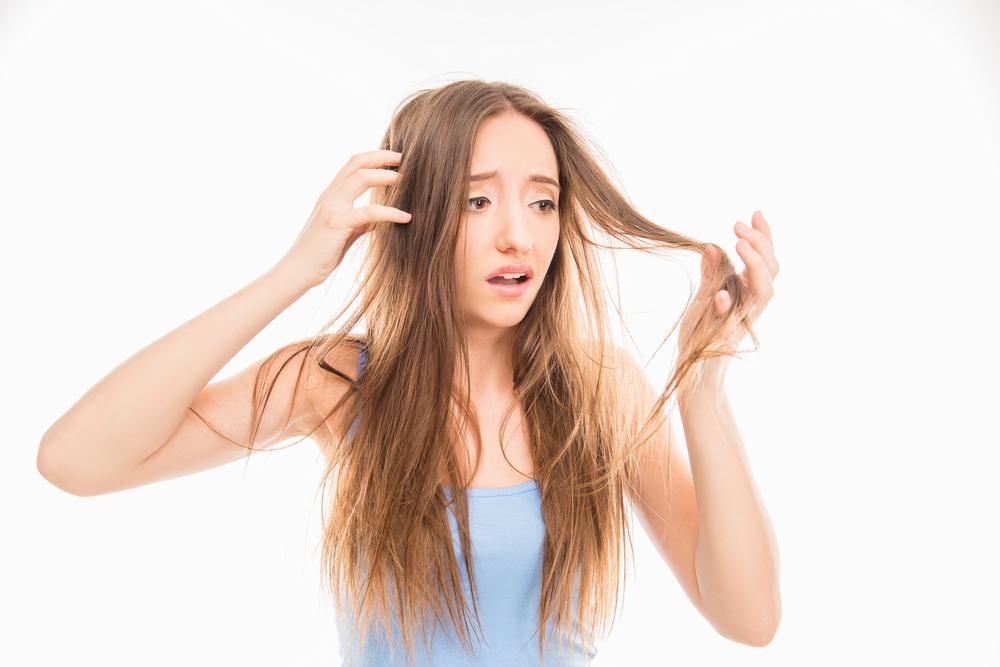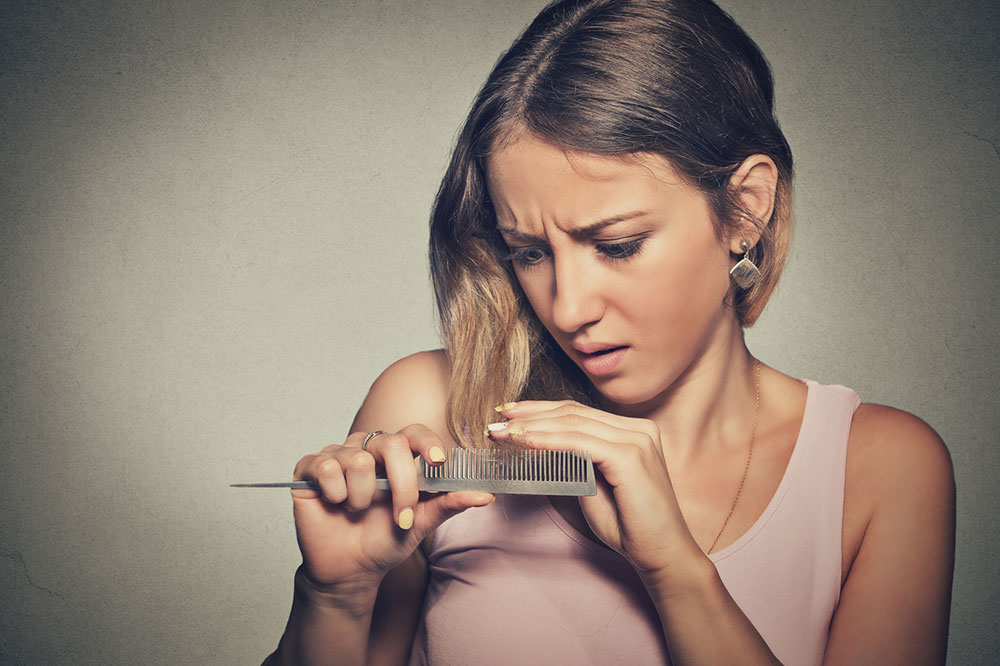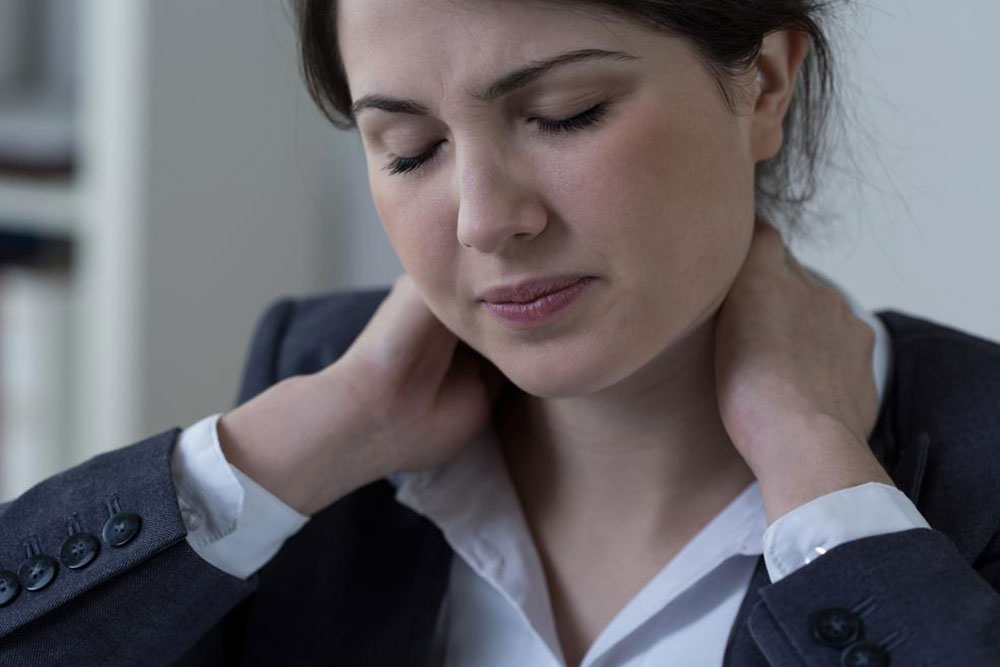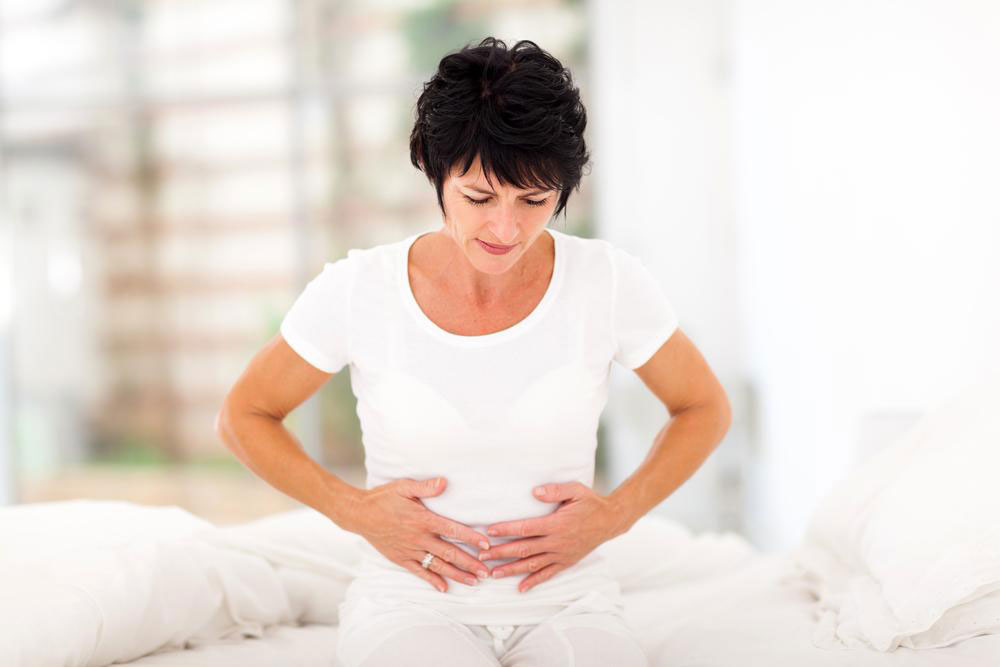Top Causes of Hair Thinning and How to Address Them
Discover the main causes of hair thinning, including hormonal changes, medications, stress, genetics, and styling practices. Learn effective strategies and treatments to combat hair loss and promote healthy growth with timely professional help and lifestyle modifications.
Sponsored

Understanding the Main Factors Behind Hair Thinning
Hair loss is a widespread concern affecting people of all ages. It's normal to shed some hair daily, thanks to the natural hair growth cycle. However, noticeable thinning or reduced hair volume can signal underlying issues. Several influences, from hormonal shifts to health conditions, can lead to hair thinning. Recognizing these causes is crucial for timely intervention and effective treatment.
Key factors contributing to hair thinning include:
Hormonal fluctuations – Changes during pregnancy, thyroid issues, menopause, or childbirth can imbalance hormones like androgens, impacting hair health.
Medication side effects – Drugs for cancer, arthritis, heart conditions, depression, and blood pressure may interfere with hair growth. Birth control pills can also contribute.
Stress – Emotional or physical stress can lead to temporary hair loss, which often resolves as the individual’s condition improves.
Genetics – Hereditary factors can predispose individuals to thinning hair, especially with advancing age.
Harsh hair treatments – Excessive styling, tight hairstyles, and heat treatments can damage follicles, leading to hair loss.
Dietary factors – Poor nutrition, low protein intake, and caloric deficiency can weaken hair health over time.
Addressing hair thinning requires prompt professional care and lifestyle adjustments. Using targeted shampoos, regrowth serums, and adopting a balanced diet can help restore hair strength and volume. Early intervention is key to maintaining healthy hair and preventing further loss.






